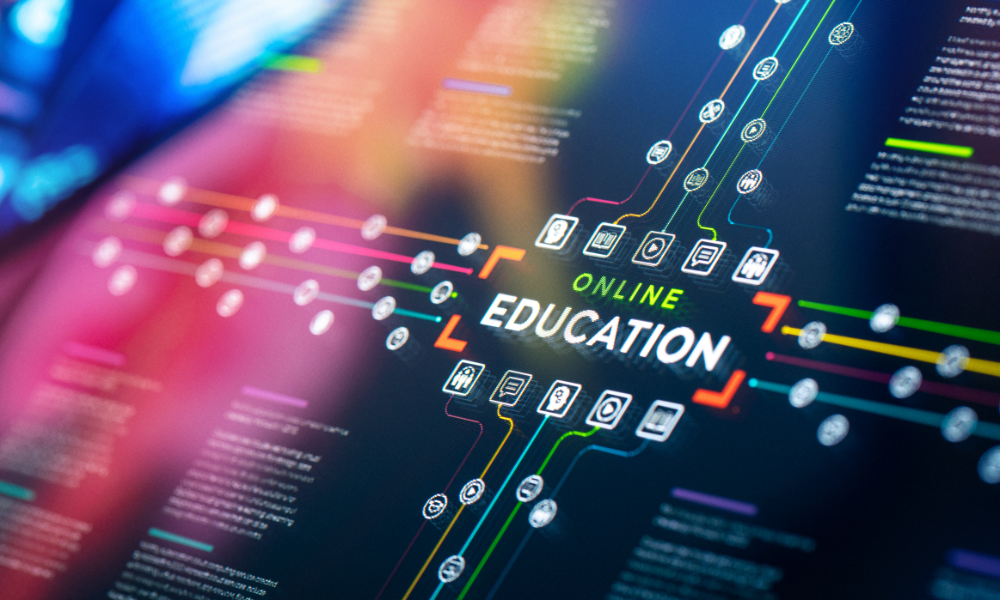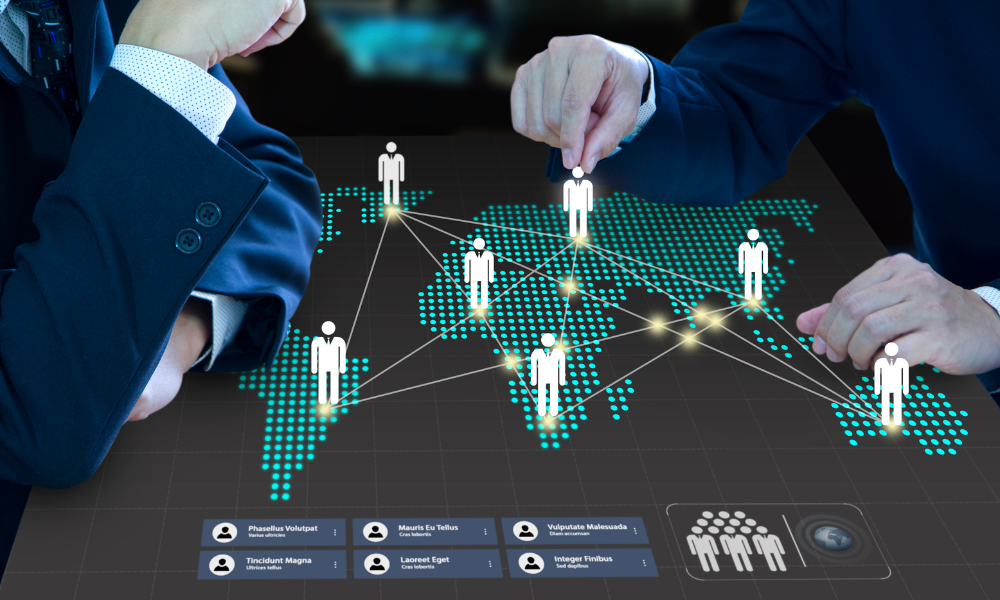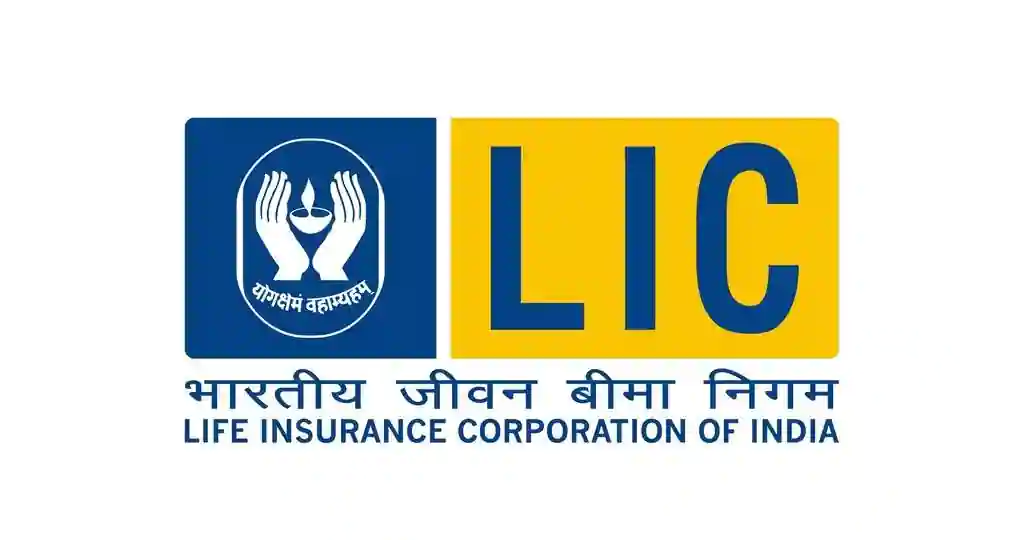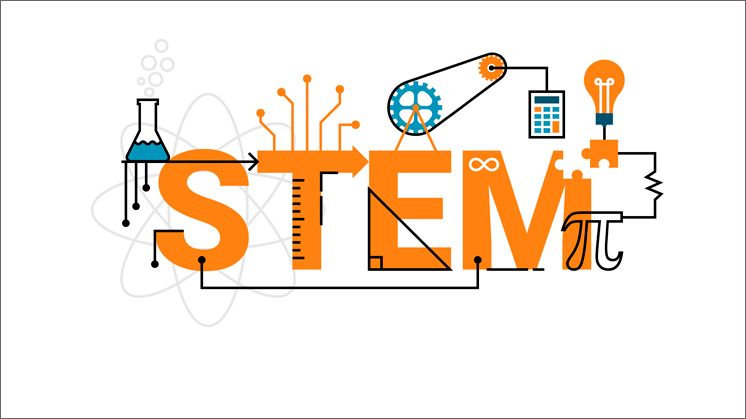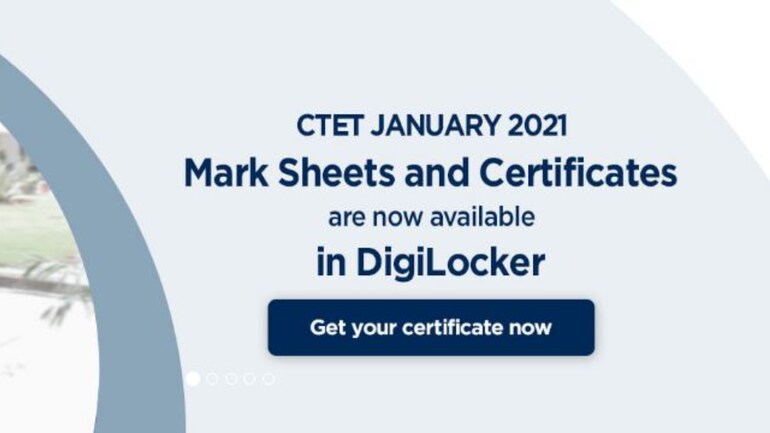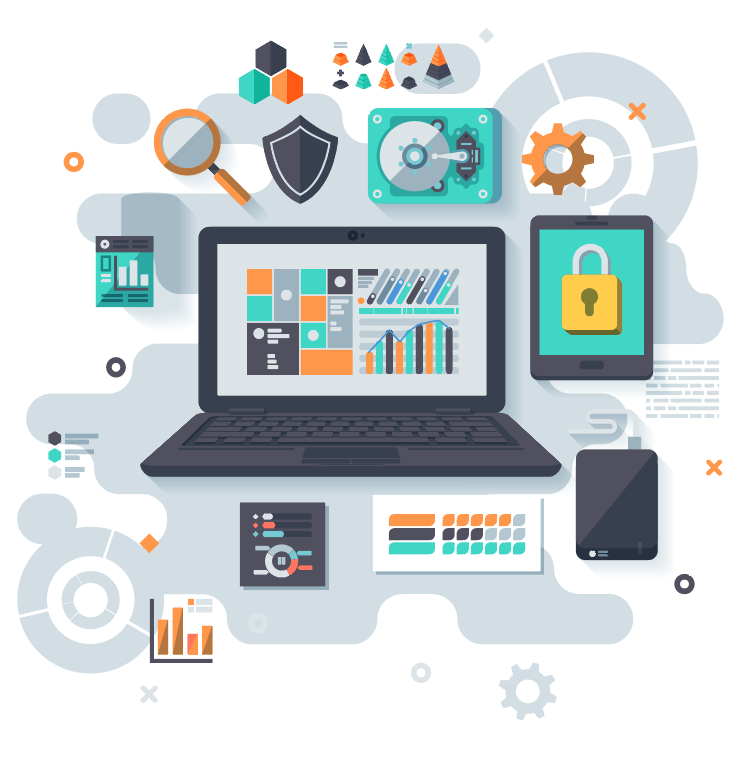Education Digitaleducation onlineeducation digitalclassroom
In recent years, the landscape of education has been undergoing a profound transformation, propelled by advances in technology and a growing recognition of the limitations of traditional grading systems. Amidst this evolution, competency-based learning has emerged as a promising approach to education, offering a more personalized, flexible, and outcome-driven model. In this blog post, we'll explore the concept of competency-based learning, its benefits, challenges, and implications for the future of education.
Understanding Competency-Based Learning: Competency-based learning is a pedagogical approach that focuses on mastering specific skills and knowledge rather than solely on completing courses or accumulating credits. In this model, students progress at their own pace, advancing upon demonstrating proficiency in predefined competencies or learning objectives. Unlike traditional grading systems that rely on seat time and standardized assessments, competency-based learning emphasizes mastery, allowing students to move forward once they've achieved mastery, regardless of how long it takes.
Benefits of Competency-Based Learning:
- Personalized Learning: Competency-based learning allows for a personalized educational experience, catering to individual learning styles, interests, and abilities. Students have the flexibility to learn at their own pace, diving deeper into areas of interest or spending more time on challenging concepts.
- Mastery Orientation: By focusing on mastery rather than grades, competency-based learning encourages a growth mindset and a deeper understanding of the subject matter. Students are motivated to persist until they've truly grasped the material, leading to more meaningful learning outcomes.
- Flexibility and Accessibility: Competency-based learning offers flexibility in scheduling and delivery, making education more accessible to diverse learners, including adult learners, working professionals, and students with varied learning needs.
- Real-World Relevance: Competencies are often aligned with real-world skills and workforce demands, ensuring that students graduate with the knowledge and abilities necessary for success in their chosen fields.
Challenges and Considerations: While competency-based learning holds great promise, it also presents certain challenges and considerations for educators, administrators, and policymakers:
- Curriculum Design: Developing competency-based curricula requires careful alignment of learning objectives, assessments, and resources. Educators must ensure that competencies are clearly defined, measurable, and relevant to students' future goals.
- Assessment Methods: Traditional assessments such as exams and quizzes may not adequately measure mastery in competency-based learning environments. Educators may need to explore alternative assessment methods, such as performance tasks, portfolios, and simulations, to accurately evaluate student competency.
- Infrastructure and Support: Implementing competency-based learning requires adequate infrastructure, technology, and support systems. Schools and institutions must invest in the necessary resources, training, and professional development to support educators and students in this transition.
- Equity and Access: While competency-based learning offers flexibility and personalized learning opportunities, there is a risk of exacerbating existing inequities if not implemented thoughtfully. Educators and policymakers must address issues of access, equity, and inclusion to ensure that all students have the support they need to succeed.
Implications for the Future: As competency-based learning continues to gain traction, its implications for the future of education are profound:
- Shift in Pedagogy: Competency-based learning challenges traditional notions of teaching and learning, promoting a more student-centered, mastery-oriented approach. Educators will need to adapt their instructional practices and assessment strategies to meet the evolving needs of students.
- Lifelong Learning: Competency-based learning fosters a culture of lifelong learning, where education is seen as an ongoing process of skill development and personal growth. In an increasingly dynamic and complex world, the ability to adapt and learn new competencies will be essential for success.
- Redefining Credentials: Competency-based learning has the potential to disrupt traditional credentialing systems, as employers and institutions increasingly value demonstrated mastery of specific skills over traditional diplomas or degrees. Digital badges, certificates, and competency-based transcripts may become more widely recognized and accepted as evidence of competency.
- Global Impact: Competency-based learning transcends geographical boundaries, offering opportunities for collaboration and exchange on a global scale. Online platforms and digital resources enable learners to access high-quality education regardless of their location, opening up new possibilities for international collaboration and cross-cultural learning experiences.
In conclusion, competency-based learning represents a paradigm shift in education, with the potential to transform how we teach, learn, and assess student achievement. By prioritizing mastery, personalization, and real-world relevance, competency-based learning offers a pathway to a more equitable, inclusive, and student-centered educational system. As we navigate the complexities of implementing competency-based learning, it's essential to remain mindful of the challenges and opportunities it presents, working collaboratively to ensure that all students have the support they need to thrive in the future of education.
Powered by: Oh! Puhleeez Branding Agency & NowUpskill
Education Digitaleducation onlineeducation digitalclassroom





















































































































